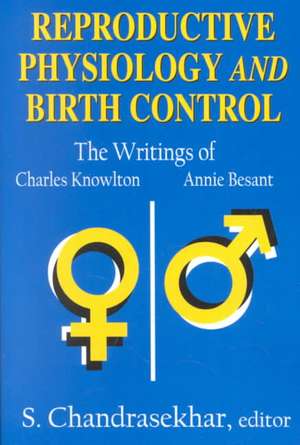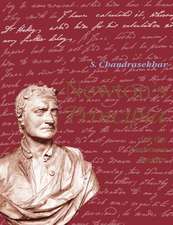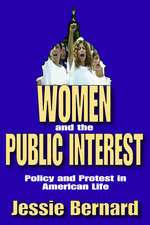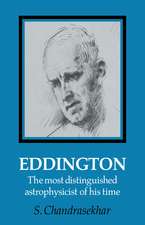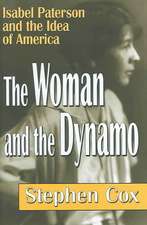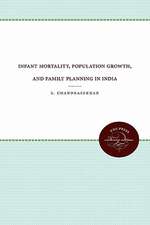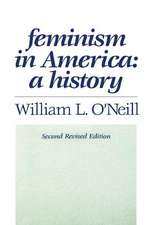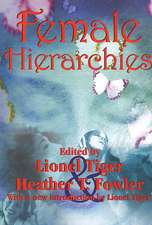Reproductive Physiology and Birth Control: The Writings of Charles Knowlton and Annie Besant
Autor S. Chandrasekharen Limba Engleză Paperback – 31 ian 2002
| Toate formatele și edițiile | Preț | Express |
|---|---|---|
| Paperback (1) | 282.88 lei 6-8 săpt. | |
| Taylor & Francis – 31 ian 2002 | 282.88 lei 6-8 săpt. | |
| Hardback (1) | 675.24 lei 6-8 săpt. | |
| Taylor & Francis – 28 iun 2018 | 675.24 lei 6-8 săpt. |
Preț: 282.88 lei
Nou
Puncte Express: 424
Preț estimativ în valută:
54.14€ • 56.30$ • 45.30£
54.14€ • 56.30$ • 45.30£
Carte tipărită la comandă
Livrare economică 14-28 martie
Preluare comenzi: 021 569.72.76
Specificații
ISBN-13: 9780765809049
ISBN-10: 0765809044
Pagini: 234
Dimensiuni: 152 x 229 x 16 mm
Greutate: 0.41 kg
Ediția:1
Editura: Taylor & Francis
Colecția Routledge
Locul publicării:Oxford, United Kingdom
ISBN-10: 0765809044
Pagini: 234
Dimensiuni: 152 x 229 x 16 mm
Greutate: 0.41 kg
Ediția:1
Editura: Taylor & Francis
Colecția Routledge
Locul publicării:Oxford, United Kingdom
Notă biografică
Sripati Chandrasekhar is an internationally respected demographer and social scientist. He is a former minister of health and family planning in India and was vice-chancellor of Annamalai University in South India. He is the author of numerous books and articles on population and family planning.
Cuprins
Introduction; The Life and Work of Knowlton and His F ruits of P hilosophy; The Bradlaugh-Besant Trial 1877-1878; The Writings of Annie Besant; Appendix; The Texts; Publishers’ Preface; Preface to Second New Edition; Preface; Philosophical Proem; 1: Showing how desirable it is, both in a political and a social point of view, for mankind to be able to limit, at will, the number of their offspring, without sacrificing the pleasure that attends the gratification of the reproductive instinct; II: On Generation; III: Of Promoting and Checking Conception; IV: Remarks on the Reproductive Instinct; Appendix; Finis.; Preface to Seventieth Thousand English Edition, 1882; 1: The Law of Population; II: Its Consequences; III: Its Bearing Upon Human Conduct and Morals; IV: Objections Considered; Theosophy and the Law of Population
Descriere
I say that this is a dirty, filthy book, and the test of it is that no human being would allow that book on his table, no decently educated English husband would allow even his wife to have ità
